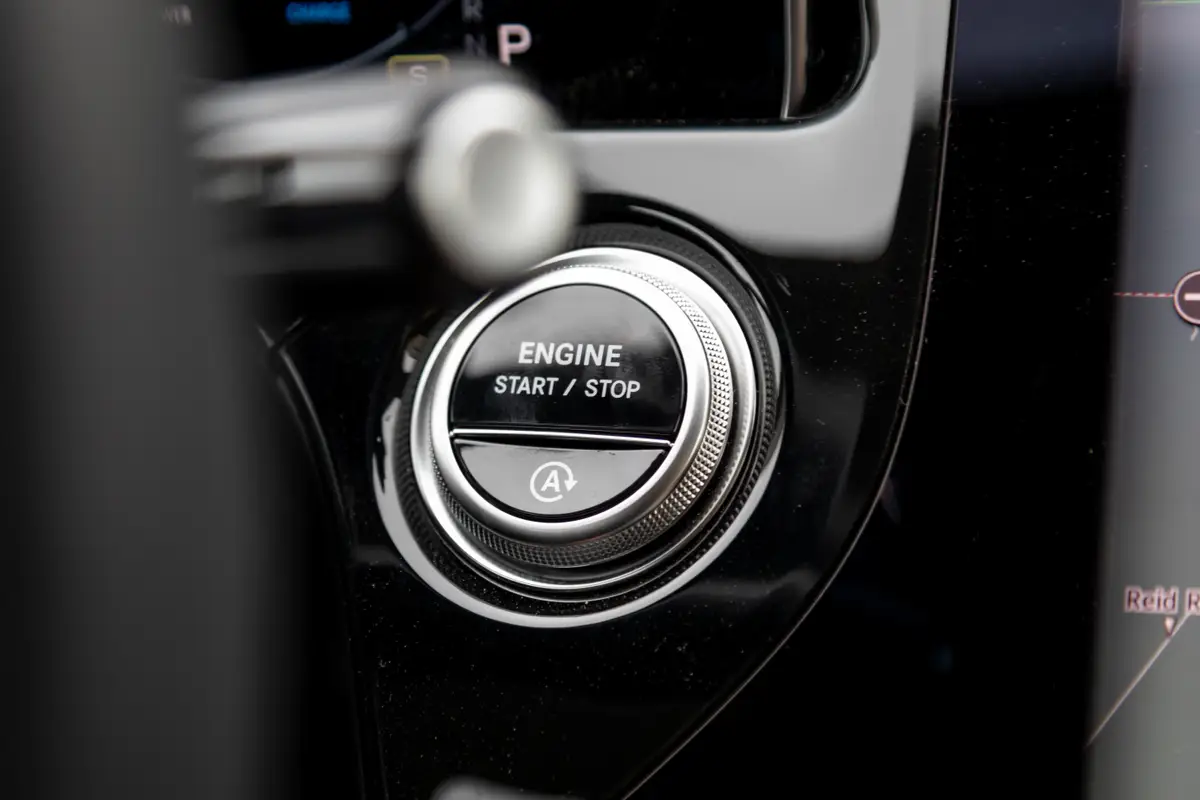washingtonpost.com's view
Somewhere between birth and what is now the possible demise of the domestic automobile industry, “American” became a bad word.
There is little doubt that the industry had much to do with this transformation. It has a way of snatching mediocrity from exceptionality. Need proof? Look at this week’s subject vehicle, the 2009 Ford Focus SES coupe.
It is one of the best subcompact cars sold in the United States. But why isn’t it the best? Check out its braking system, which employs exceptionally good disc brakes up front and more-mediocre-than-thou drum brakes in the rear.
It is the kind of self-defeating, cost-cutting craziness that Ford and its Detroit siblings have engaged in too often — saving a few pennies on production costs here and there, only to wind up having to market otherwise excellent vehicles with steep, money-losing discounts.
The good news is that domestic automobile manufacturers nowadays do much less of that kind of thing. They are long removed from the really bad old days when, corrupted by success unchallenged by foreign rivals, they became fat and careless, more interested in pleasing Wall Street than in building quality cars and trucks and, thus, abusive of the faith of loyal consumers.
That was Old Detroit. It hasn’t been around for nearly 15 years. But reality has a hard time catching up with perception, especially when the latter is occasionally fueled by avoidable gaffes, such as mating less-effective drum brakes with more-effective discs to save some money in production.
It is the kind of thing that opens the domestics to unfair ridicule, obscuring the many good things they have done and are doing, casting a long shadow over New Detroit, which is genuinely, almost religiously dedicated to product innovation and improvement.
The front-wheel-drive Focus SES coupe, for example, can be used to demonstrate progress, too. Overall vehicle construction is solid. Fit and finish are excellent. Interior materials, although not the best in the business (an honor that goes to Volkswagen and Audi), most certainly are better than they’ve ever been.
It’s also a joy to drive. “It’s got spunk,” said my associate, Ria Manglapus. It’s wonderfully agile in city traffic. It’s a willing fellow traveler on high-speed highways. And it has a modest appetite for regular unladed gasoline, consuming it at the rate of 24 miles per gallon in the city and 35 miles per gallon on the highway.
Detroit’s critics — and there are more than a few these days when Ford, General Motors and Chrysler are coming to Washington beseeching emergency federal financial assistance — are fond of accusing the domestic industry of being a laggard in innovation. It is a bogus charge, born of ignorance.
General Motors, for example, working through its OnStar subsidiary, pioneered a mobile emergency communications system that is the envy of the global automobile industry. More than that, it has saved several thousand lives and helped federal emergency management officials track vehicle traffic flows out of disaster areas. Now comes Ford with its Microsoft/Sync infotainment/emergency communications system, which allows drivers to use to control a variety of entertainment, telephone and emergency contact devices with their voice alone. It is simple, intuitive. It works exceptionally well and adds value to any Ford vehicle in which it is installed.
Here’s hoping that the domestic automobile companies weather the financial storm, largely brought on by financial institutions that mistook the concept of the Ponzi scheme as valid, ethical economic policy.
The domestic car companies have done much less harm and arguably much more good than that. They have been responsive to consumer demand, which means that Ford will get rid of drum brakes in the Focus SES and other cars as soon as it understands that consumers don’t mind paying extra for something that is demonstrably better.
ON WHEELS WITH WARREN BROWN Listen from noon to 1 p.m. Tuesdays on WMET World Radio (1160 AM) or http://www.wmet1160.com.
Latest news



